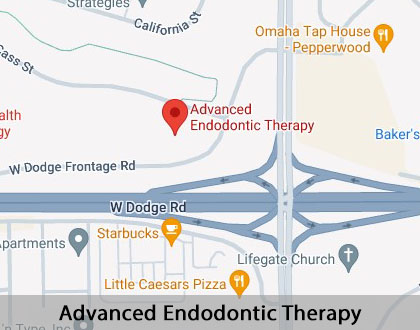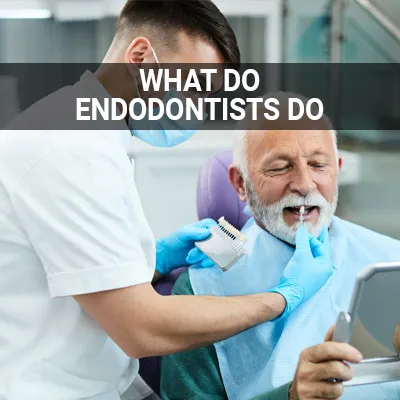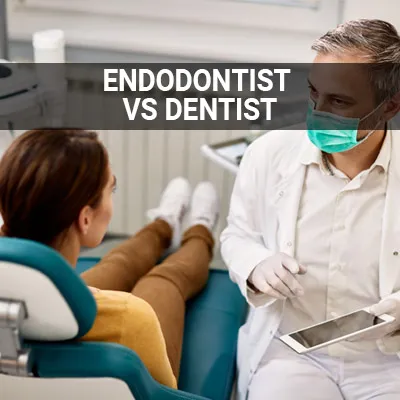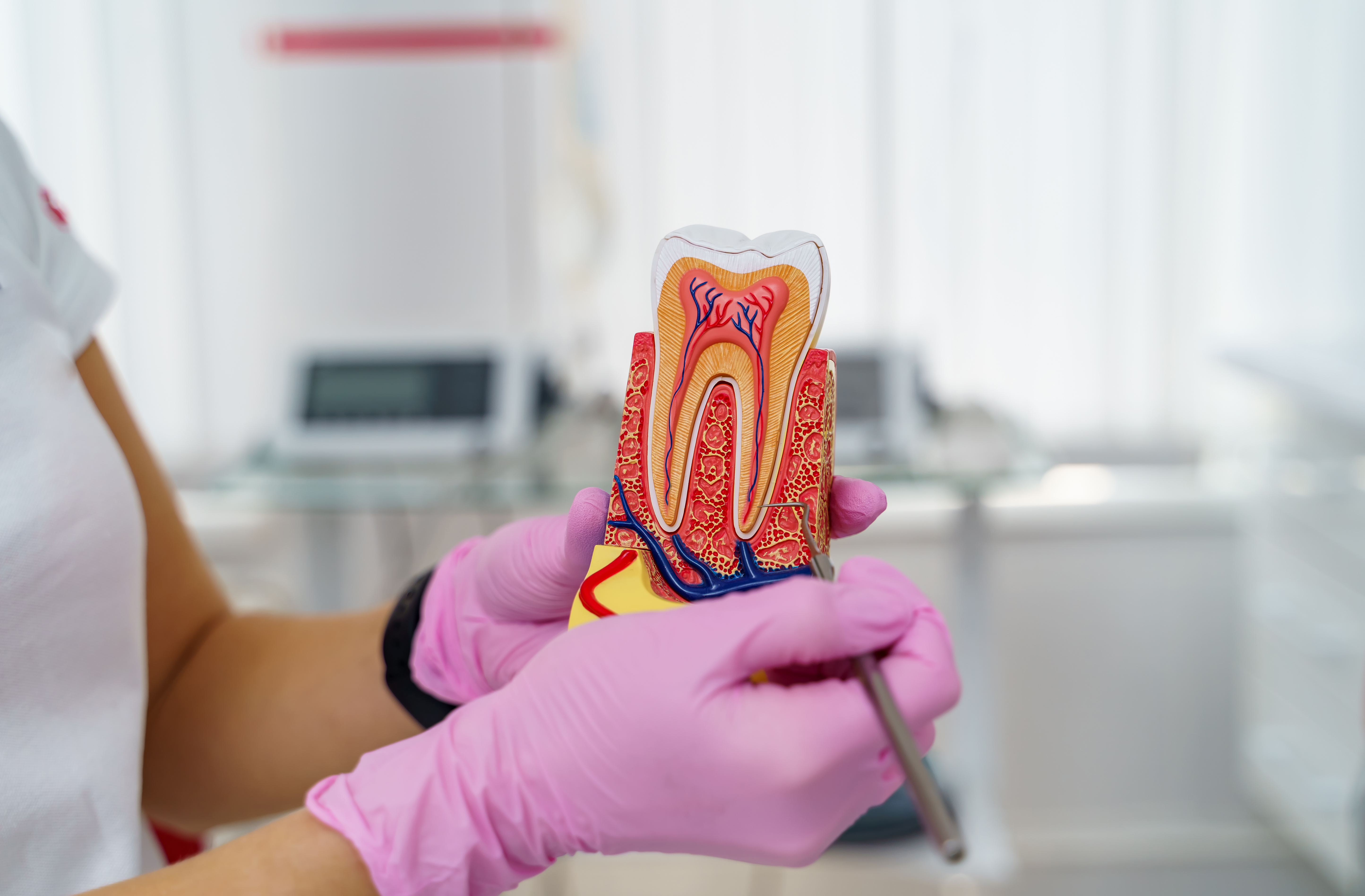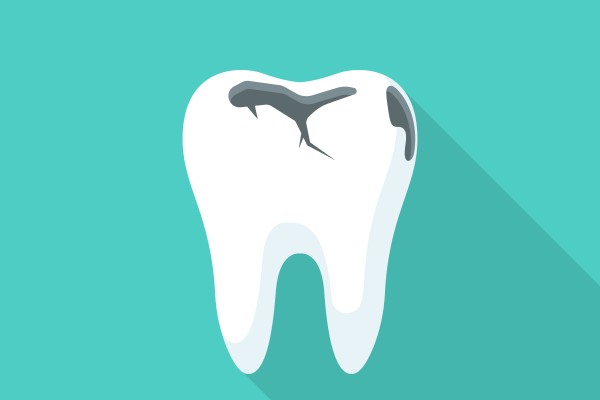Pediatric Endodontist Omaha, NE
Pediatric endodontists are specialists who work primarily with children in the diagnosis, treatment, and prevention of inner tooth structures, including the pulp, roots, and nerves. They can treat many endodontic conditions, including pulpitis, root or nerve damage, and trauma or injury. Endodontists who work with pediatric patients are educated and trained in performing various treatments and procedures safely and effectively. In many cases, they often gear their practice towards keeping children comfortable during their visits.
A pediatric endodontist is available at Advanced Endodontic Therapy in Omaha and the surrounding area. Our team can properly diagnose and treat your child and relieve the pain and sensitivity that accompanies most endodontic conditions. Call us today at (402) 506-7111 to schedule an appointment or learn more about our services.
Reasons to Seek Out a Pediatric Endodontist
Although remarkable efforts have been made through preventive programs across the United States, dental caries are still a significant health problem among children. According to the U.S. Centers for Disease Control and Prevention , the last four decades have seen an increased prevalence of total and untreated caries among children and youth.
Endodontists are dental specialists who focus on treating tooth pain, disease, and infection associated with the inner tooth structures. Endodontics deals with the dental pulp, which is the soft, center part of a tooth made up of blood vessels, cells, and connective tissue. Even primary teeth can become severely decayed, damaged, or infected. Primary teeth build the foundation for the proper development of permanent teeth, making it crucial to treat any decay before it spreads or causes further complications.
“Primary teeth build the foundation for the proper development of permanent teeth, making it crucial to treat any decay before it spreads or causes further complications.”
Qualifications of a Pediatric Endodontist
Pediatric dentists and endodontists complete dental school along with a specialized dentistry residency program and are then board-certified. Residency programs typically last two to three years. During residency, pediatric dentists undergo training to work in children's small mouths and use child-friendly technologies. They also learn to administer the right form and dosage of anesthesia to children. This extra training includes advanced education about diagnostic procedures and surgical training geared toward working with the small structures of a child's mouth.
Endodontists are specialists with additional training in the field of endodontics, allowing them to diagnose tooth pain and perform root canal treatments. For this reason, endodontists are also often known as root canal specialists. Dental school students can choose to specialize in one or more subspecialties in dentistry, and some choose pediatric dentistry. Others may specialize in endodontics and choose to cater to a specific age demographic, such as pediatric endodontics.
“Pediatric dentists and endodontists complete dental school along with a specialized dentistry residency program and are then board-certified.”
Possible Treatment Options
Pediatric endodontists can perform a wide variety of endodontic treatments and procedures that work for primary and growing permanent teeth. Endodontic treatment may be recommended or necessary for children with a deep cavity, cracked or fractured tooth, or injury to the tooth. Patients with extensive decay or damage often need a pulpectomy or "baby root canal," a root canal procedure made for primary teeth. During the procedure, we remove any inflamed or infected pulp (nerve and blood vessels) from the inner chamber and then clean, fill, and seal it.
Other endodontic treatments a pediatric endodontist can include tooth extraction, pulp capping, pulpotomies, and injury or trauma correction. Vital pulp therapy refers to treatments done to protect or save the dental pulp for cases in which the pulp is not completely decayed or damaged. The four types of vital pulp therapy include:
- Direct Pulp Cap: When the pulp is healthy but exposed, medicine is placed in the hole exposing the pulp and sealed with filling material.
- Indirect Pulp Cap: Most decay is removed without touching the pulp, before a protective material is placed over the area, sealing the remaining decayed pulp.
- Protective Base: Decay is removed, followed by the placement of protective material inside the tooth, and is then covered with a filling or dental restoration.
- Vital Pulpotomy: Decay and infected or injured pulp are removed, leaving healthy tooth roots behind. The tooth is filled with protective material and sealed with a crown.
“Endodontic treatment may be recommended or necessary for children with a deep cavity, cracked or fractured tooth, or injury to the tooth.”
Check out what others are saying about our dental services on Yelp: Pediatric Endodontist in Omaha, NE
Preparing a Child for a Visit
The initial consultation is a chance for our team to get to know the child. We will go over the child's medical and dental histories, take X-rays, and physically examine the entire mouth. The endodontist will assess the jaw, teeth, and gums for proper development and any areas of concern and help determine future risks. We will then curate a personalized treatment plan, with the most necessary treatments first.
We will begin treatment on the following appointment. At the beginning of each treatment, we will administer anesthesia as needed to keep the child comfortable and pain-free. Each visit will differ depending on the treatment being done. To prepare a child for an endodontic appointment, it is crucial that parents remain calm and confident, assuring their child that treatment will relieve their pain and improve their oral health.
“The endodontist will assess the jaw, teeth, and gums for proper development and any areas of concern and help determine future risks.”
Questions Answered on This Page
Q. Why should my child see a pediatric endodontist?
Q. What are the qualifications of a pediatric endodontist?
Q. What endodontic treatments are available for children?
Q. How can I prepare my child for a visit?
Q. What questions should I ask my child's endodontist?
People Also Ask
Q. What is the difference between a dentist and an endodontist?
Q. What can happen if a tooth infection is left untreated?
Q. How does an endodontist save teeth?
Questions to Bring Up During a Visit
Visiting an endodontist can seem nerve-wracking, especially for young children. However, these specialists are specially trained and best suited to work with the sensitive inner structures of the teeth. They also have tremendous experience treating endodontic conditions all day. Nonetheless, it is important to understand their practices and the treatments they will be providing. Some essential questions parents like to ask include:
- What types of anesthesia or sedation methods do you use?
- What practices do you implement specifically for children?
- How do you keep children comfortable, still, and calm during treatment?
- In what ways does your practice cater to children?
- Do you work with children with special health needs?
- What dental specialties have you completed?
- Can I see before-and-after photos of past patients?
- What does (this procedure) entail?
- How can my child better care for their oral health?
- How can I prevent the need for a root canal?
- What are the after-care and follow-up instructions for my child’s treatment?
“…these specialists are specially trained and best suited to work with the sensitive inner structures of the teeth.”
Frequently Asked Questions
Q. What forms of anesthesia or sedation are used on children?
A. Depending on the child's condition and its severity, we may use local or general anesthesia. Local anesthesia numbs only the area being treated, while general anesthesia numbs the entire face and body. Some children may require general anesthesia for more complicated procedures or if they have dental anxiety or special health needs. In most cases, local anesthesia is enough to keep them comfortable and pain-free during treatment.
Q. When should I take my child to a pediatric endodontist?
A. Children who go to a pediatric dentist will likely be referred to a pediatric endodontist for specialized treatments, such as a root canal. Patients are referred by a general or family dentist as well. If you are concerned about your child's oral health or their symptoms are more closely associated with an endodontic condition, you can bring them in for an evaluation without a referral.
Q. When is a pulpotomy or pulpectomy necessary?
A. Pulpotomies are recommended when the pulp is only partially infected while pulpectomies are recommended when the entire pulp is infected. We only treat the areas with decay. Therefore, if the tooth roots are healthy, we will only remove the decay inside the tooth and seal off the roots.
Q. How often do endodontists perform root canals?
A. Root canals are the most common treatment done by endodontists. According to the American Association of Endodontists, endodontists perform 25 root canals a week and more than 15 million are done yearly.
Q. How do endodontists cater to children?
A. We know how crucial it is for children to get the treatment they need from a qualified specialist. It is important that we make our young patients comfortable and, hopefully, love coming to our office. As such, we use child-friendly tools and equipment, discuss the entirety of the treatment with them, answer any questions they have, and administer anesthesia to keep them from feeling any pain.
Start Feeling Better – Visit Us Today
By visiting us as soon as possible, our team can help get you the professional treatment you need. Instead of waiting around and allowing the symptoms to get worse, we can provide you with treatment options.
Definitions
Call Us Today
Our pediatric endodontist can help treat your child and relieve any pain and sensitivity associated with many oral conditions. We will find a treatment that works for you, your child, and their health needs. Call us today at 402-506-7111 to schedule an appointment or learn more about our services.
Helpful Related Links
- American Academy of Pediatric Dentistry. Pulp Therapy for Primary and Immature Permanent Teeth. 2024
- American Association of Endodontists. Root Canal Treatment. 2024
- Colgate. Endodontic Treatment In Children. 2024
- Decisions in Dentistry. Current Approaches to Pediatric Endodontics. 2024
- Drugs.com. Root Canal in Children. 2024
- Nature.com. Endodontic treatment for children. 2024
- NIH-National Library of Medicine, National Center for Biotechnology Information. Endodontic Treatment In Children. 2024
- Pocket Dentistry. Pediatric Endodontics. 2024
About our business and website security
- Advanced Endodontic Therapy was established in 2008.
- We accept the following payment methods: Cash, Discover, MasterCard, and Visa
- We serve patients from the following counties: Douglas County, Dodge County, Lancaster County, and Sarpy County
- We serve patients from the following cities: Omaha, Benson, Florence, Bellevue, Fort Calhoun, Papillion, Lincoln, Bennington, Plattsmouth, Fremont and Elkhorn, Missouri Valley, and Council Bluffs
- Norton Safe Web. View Details
- Trend Micro Site Safety Center. View Details
Back to top of Pediatric Endodontist

